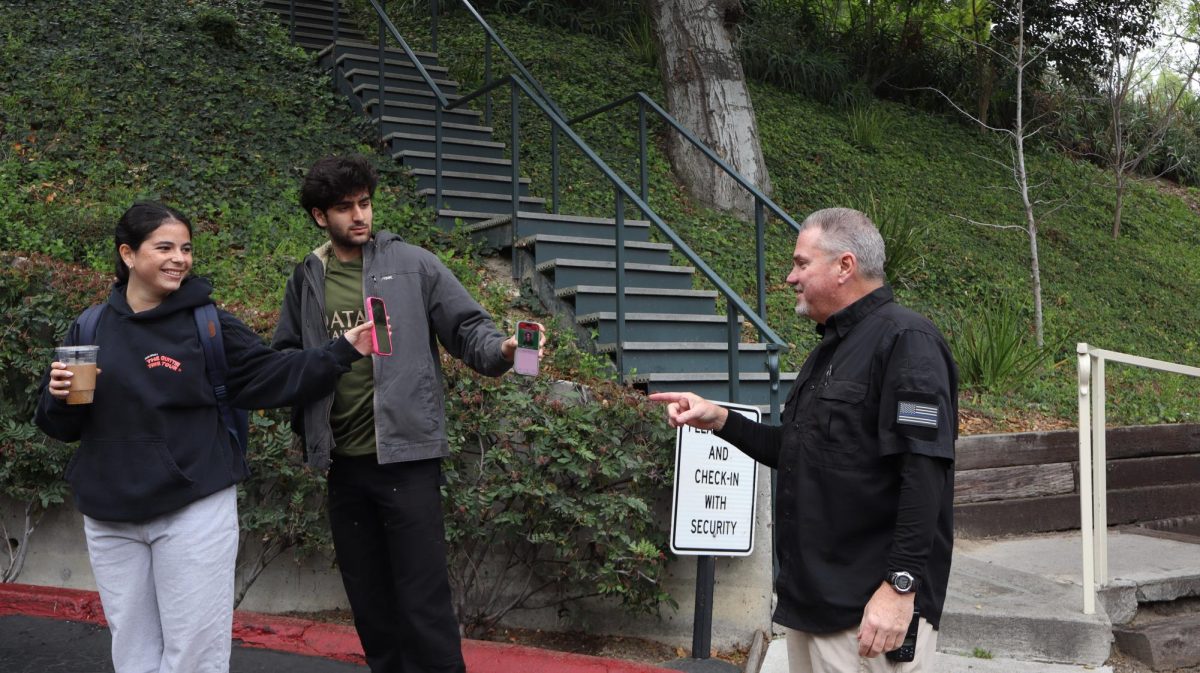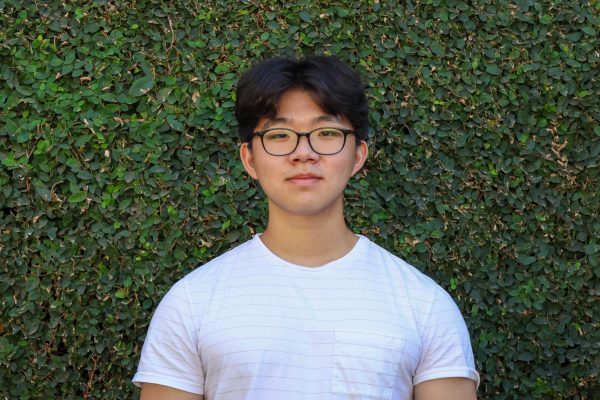President Rick Commons and Head of School Laura Ross released the “Mental Health and Wellness Plan” in an email to students, parents, faculty and staff Aug. 1. The document outlines the school’s immediate and long-term response to three student deaths in the 2022-2023 school year.
In the introduction to the document, Commons and Ross said the goal of the Wellness Plan was to expand upon mental health initiatives and explain steps the school has taken thus far to promote mental health.
“For more than a decade, Harvard-Westlake has been focusing on mental health and wellness, with a mission that emphasizes ‘the joyful pursuit of excellence’ and prominent visions for happiness, balance and a sense of purpose in the student experience,” Commons and Ross said. “Yet the nationwide adolescent mental health crisis has accelerated exponentially in recent years, with a multitude of factors affecting young people everywhere. Then in the spring and summer of 2023, we experienced excruciating tragedies in our own school community, moving us not only to profound grief, but also to more urgent commitment and more focused action.”
Immediate plans include partnerships with multiple mental health foundations along with providing mental health training for staff and student leader groups.
The plan also emphasized creating a culture of proactiveness and efficient communication when it comes to reporting student mental health struggles. Initiatives within the Wellness Plan include communication with parents and school personnel about mental health concerns, encouraging parents to include mental health screening in yearly checkups and assigning a counselor to all upper school students, starting with sophomores.
Weston Fox ’24 said he believes the effectiveness of the plan will depend on how well students take advantage of the resources they are offered.
“I think it’s going to vary a lot person to person with how it plays out, and some people will find the support they need within the school’s systems,” Fox said. “However, there definitely needs to be an option outside of talking to people who might have a legal responsibility to communicate what you say to others, a way for those who might not feel comfortable with talking directly to school counselors or teachers to receive help.”
Nicole Lee ’24 said she thinks the school’s response does not meaningfully improve the pressure students face.
“I think the Wellness Plan is not alleviating the immense stress that the school’s culture has ingrained but is trying to patch up the scars our school has created,” Lee said. “I personally would rather benefit from a 15 minute check-in from teachers everyday rather than an additional dean who will be just as stressed as the rest of the school, and [therefore] not make any deep progress in our school’s system.”
Pranav Iyer ’25 said the Wellness Plan is promising, but consulting student leadership is not sufficient in terms of receiving student input.
“I don’t think it’s fair to expect student leadership to know all the problems that each individual student is facing,” Iyer said. “The opportunity for us to provide feedback or insight as the school implements these interventions would be valuable.”






























